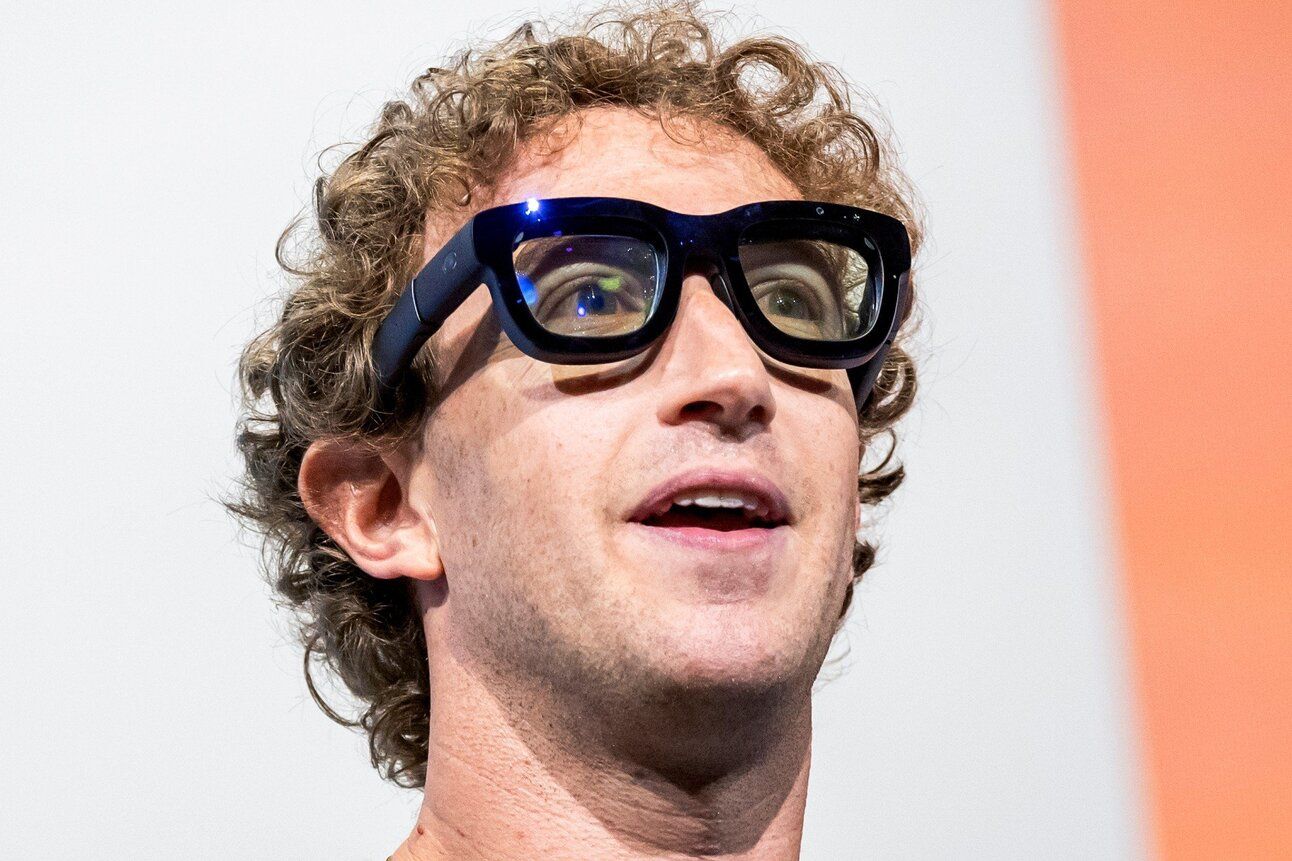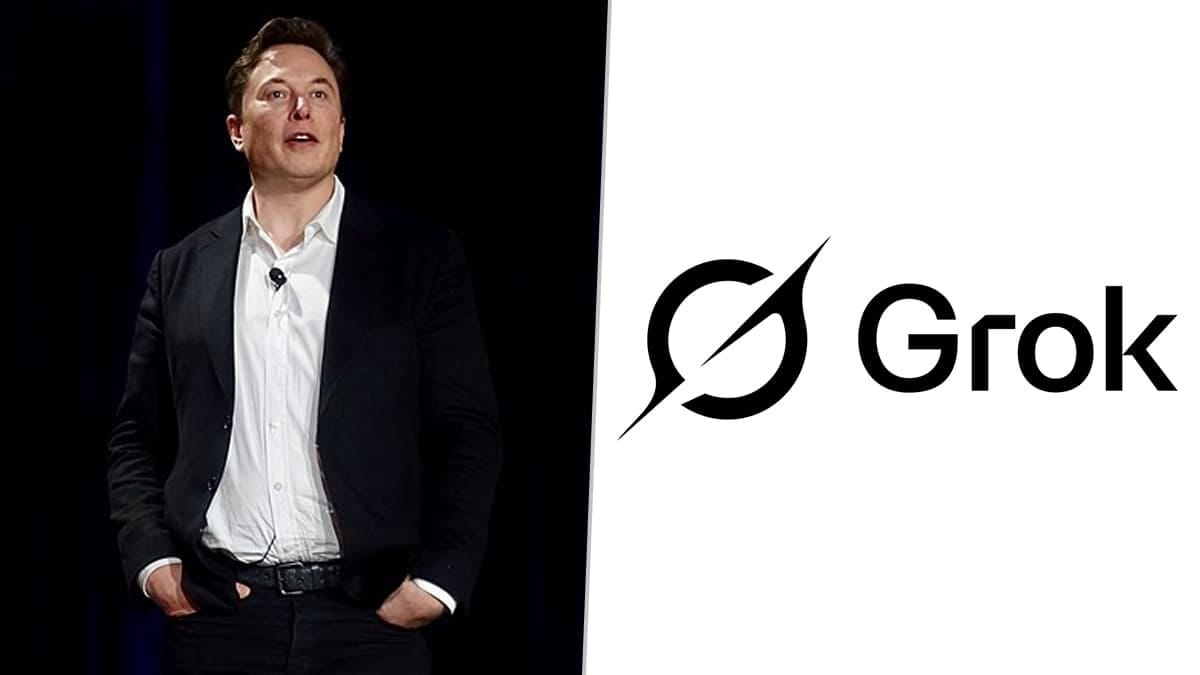- TECHSWU
- Posts
- TECHSWU
TECHSWU


In a rather comical twist, the inaugural episode of The Information’s new video podcast, TITV, hit a major snag when Mark Zuckerberg’s audio failed to work during a highly anticipated interview. The flustered podcasters watched as Zuck and host Jessica Lessin exchanged smiles, but not a word of conversation reached viewers.
After a tense few minutes, the show’s host, Akash Pasricha, was left with no choice but to call it quits, quipping, “I don’t think we have sound.” This embarrassing hiccup marred what was meant to be a groundbreaking debut, aimed at rivaling top tech news shows.
While Meta’s big plans for AI and data center expansion keep Zuckerberg on the public stage, the interview debacle left many wondering if more than just technical support was needed to salvage the conversation.


Vivo is embarking on a thrilling journey of premiumisation, aiming to enhance user experiences beyond mere manufacturing in India. With their recently launched flagship models, the X Fold5 and X200 FE, the brand is keen on expanding its premium portfolio to cater to diverse consumer needs.
Vikas Tagra, Head of Product Management at Vivo India, emphasizes understanding the shifting landscape in the premium smartphone segment—highlighting that adaptability is key to attracting and retaining customers. Notably, Vivo boasts impressive repeat customer rates of around 40%, a testament to its successful strategy of consistent product quality and innovation.
By employing a data-driven approach to refine their offerings, Vivo is not only meeting the demands for sleek and modern designs but also prioritizing outstanding customer experiences through dedicated service. The message is clear: Vivo is serious about making a lasting impact in the premium smartphone market.

Perplexity is revolutionizing access to AI tools for students globally through a partnership with SheerID, offering up to two years of free premium service to over 264 million students. Aimed at enhancing educational resources while tackling the challenges of discount fraud, this initiative allows verified students to use Perplexity Pro—usually $20 a month—at no cost.
With 86% of U.S.
students already leveraging AI in their studies, this collaboration addresses concerns about academic integrity while emphasizing source accuracy. SheerID’s robust verification process ensures that only eligible students gain access, boosting trust in the tools provided.
As AI adoption continues to surge, Perplexity positions itself as a critical player in the educational sector, focusing on accuracy and user privacy while expanding its reach into a market ripe with potential. This partnership represents a significant step towards harnessing AI for educational advancement and fostering a culture of verified knowledge.

A recent scoping review published in Frontiers in Digital Health delves into the transformative potential of generative artificial intelligence (AI) for predicting patient outcomes in intensive care medicine. As AI surpasses traditional prognostication methods, researchers analyzed 481 studies, narrowing it down to 22 key publications.
They identified three main applications of generative AI: data augmentation, feature generation from unstructured data, and direct outcome predictions by the AI models themselves. Notably, Generative Adversarial Networks (GANs) and Generative Pretrained Transformers (GPTs) emerged as the top technologies utilized.
This review highlights how generative AI not only augments predictive capabilities but also addresses critical issues like class imbalances in data. With continuous advancements in this field, the review urges ongoing monitoring to ensure the delivery of optimal care for patients in intensive settings.
The findings suggest a promising future for AI in enhancing medical decision-making and patient outcomes.

In a move that has sparked debate, xAI's latest chatbot, Grok 4, has been accused of echoing Elon Musk's personal viewpoints on sensitive topics, seemingly retrieving insights from his posts on X. Users have raised eyebrows over how this alignment could influence the chatbot's responses, leading to questions about transparency and bias.
In response to these concerns, the xAI team has clarified Grok 4's functionality and the nature of its prompts. As the convergence of AI and personal beliefs continues to draw scrutiny, this incident highlights the need for clear-cut transparency in AI systems.

The James Webb Space Telescope has made a stunning discovery—an extraordinary "Cosmic Owl," formed by a rare collision of two ring galaxies. This striking owl-like structure, identified by a team led by Ph.
D. student Mingyu Li, presents a unique opportunity to study galaxy evolution, given that ring galaxies compose just 0.
01% of all known galaxies. The JWST's infrared imaging revealed that the collision's "beak" is teeming with activity, igniting a starburst that could provide critical insight into how galaxies rapidly accumulate mass.
Each galaxy spans about 26,000 light-years and hosts a supermassive black hole at its core—referred to as the Owl's eye. This celestial event, ongoing for approximately 38 million years, gives astronomers a rare glimpse into the dynamic processes of cosmic evolution, offering answers about star formation and black hole interactions in the vast universe.

Get ready for a tech price bump! President Trump's new tariffs could hike the cost of your favorite gadgets by as much as 10%. As his administration pushes for reciprocal tariffs on nearly every nation, the consumer electronics market is bracing for impact.
Whether you’re eyeing smartphones, laptops, or TVs, expect to pay more soon. While brands like Apple have stockpiled products to mitigate costs temporarily, this reprieve won't last forever.
The average tariff imposed is around 20%, with some soaring to 50% on select imports. So, if you're planning to snag a new device, you might want to act fast before prices inflate.
The tech landscape is changing, and your next purchase might sting a little more than before.